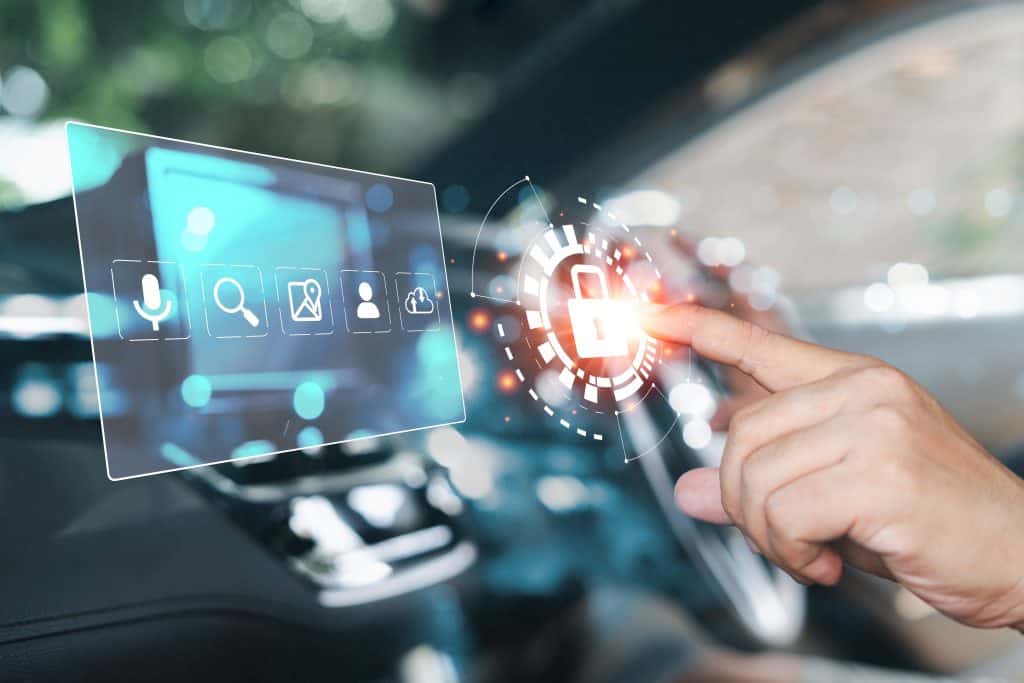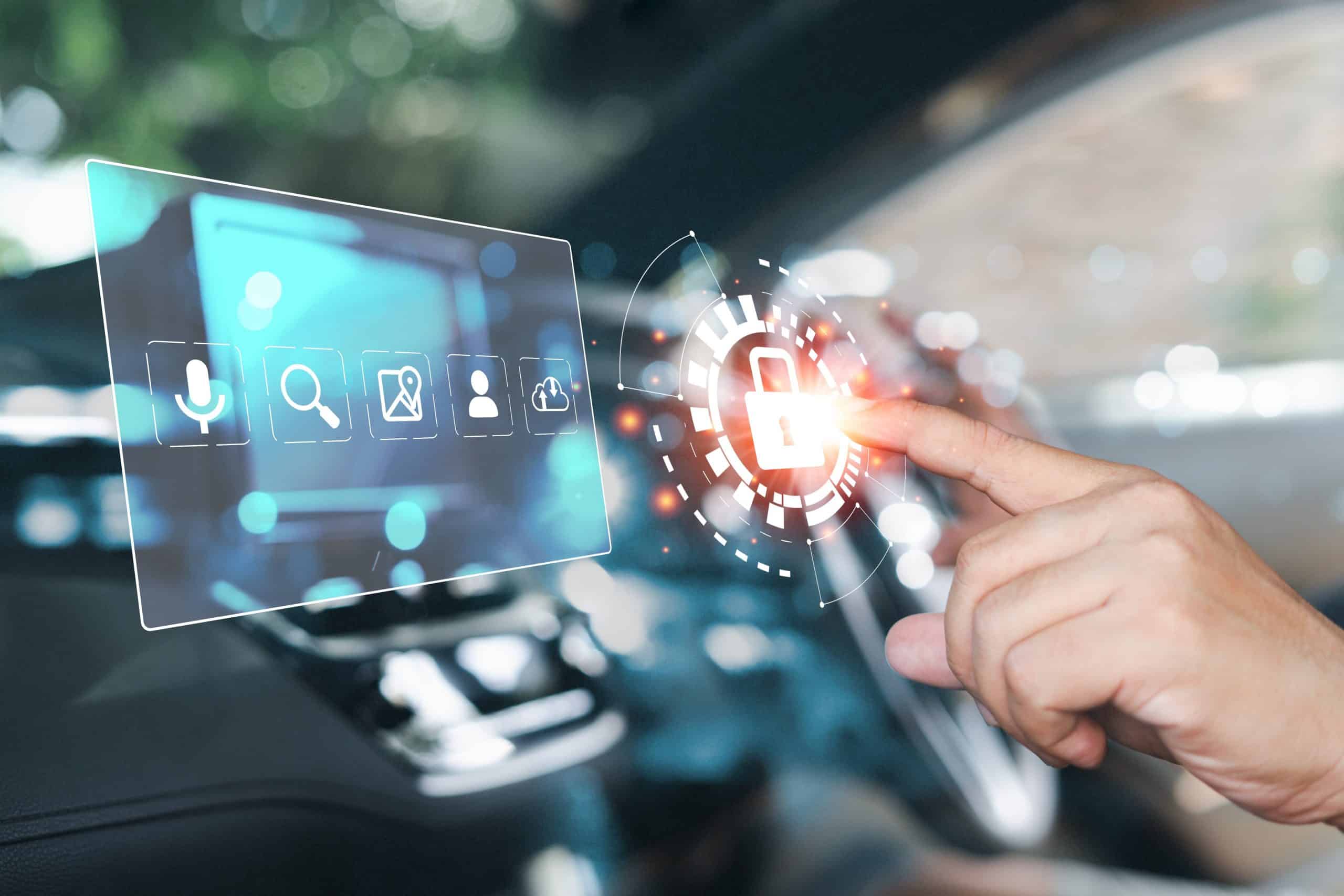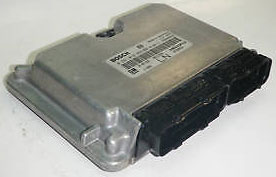In this article, we will explore the importance of ECU security and discuss the measures that vehicle manufacturers and owners can take to protect their vehicles from potential threats. In the rapidly advancing world of automotive technology, vehicles are becoming more connected and intelligent than ever before. One crucial component that plays a pivotal role in this evolution is the Electronic Control Unit (ECU). The ECU is the brain of a modern vehicle, controlling various systems, including engine management, braking, transmission, and more. However, with this increased connectivity comes the risk of unauthorized access and hacking. Potentially leading to severe safety and privacy concerns for vehicle owners
Understanding ECU in Modern Vehicles
The Electronic Control Unit, is commonly referred to as ECU. Is an essential electronic component responsible for managing and controlling various vehicle systems. The ECU receives data from multiple sensors installed throughout the vehicle. Analyzes it, and uses the information to make real-time decisions. These decisions may include adjusting fuel injection, monitoring emissions, managing engine timing, controlling anti-lock braking systems (ABS), and more.

With the advent of the Internet of Things (IoT) and the push towards more connected vehicles. ECUs are now capable of communicating with external networks, such as cellular networks, Wi-Fi, or Bluetooth. This connectivity allows for features like remote diagnostics, and software updates. Connected infotainment systems, but it also exposes vehicles to potential security threats.
Potential Risks and Threats
- Unauthorized Access: If an attacker gains unauthorized access to the ECU, they may potentially manipulate its settings, leading to dangerous consequences. For instance, altering engine parameters could cause engine failure, reduce fuel efficiency, or even create hazardous driving conditions.
- Remote Hacking: Connected ECUs offer convenience, but they also open up possibilities for remote hacking. Cybercriminals with malicious intent might exploit vulnerabilities in the vehicle’s software to take control of critical functions, compromising the safety of the driver and passengers.
- Data Privacy Breach: ECUs collect a vast amount of data about the vehicle’s performance, driver behaviour, and even personal preferences through connected infotainment systems. A breach of this data can lead to privacy violations, identity theft, or targeted attacks on the owner.
- Ransomware Attacks: As seen in other industries, ransomware attacks have become a significant concern. Attackers could hold the vehicle’s functionalities hostage, demanding a ransom from the owner or manufacturer to restore control.
- Reprogramming Attacks: If an attacker can tamper with the ECU’s firmware or software, they could reprogram it to bypass security measures or install malicious code.
Protecting Your Vehicle with ECU Security Measures
Regular Software Updates: Vehicle manufacturers should provide regular software updates to fix identified vulnerabilities and reinforce the ECU’s security. Simultaneously, vehicle owners must stay informed about updates and apply them promptly.
- Secure Communication Protocols: Automakers should implement robust and encrypted communication protocols between the vehicle’s systems and external networks. This helps prevent unauthorized access and data interception.
- Strong Authentication and Authorization: Multi-factor authentication and proper authorization mechanisms must be in place to control access to critical vehicle functions and data.
- Intrusion Detection and Prevention: Employing intrusion detection and prevention systems can help identify suspicious activities and block potential threats before they cause harm.
- Secure Boot and Code Signing: Implementing secure boot mechanisms and code signing ensures that only trusted and authenticated software runs on the ECU, reducing the risk of unauthorized modifications.
- Physical Security: Vehicle owners should be vigilant about physical security, ensuring that access to the vehicle’s diagnostic port and other interfaces is limited and properly secured.
FAQs
What is ECU security, and why is it essential for modern vehicles?
ECU security refers to the measures taken to protect the Electronic Control Units in modern vehicles from unauthorized access and potential hacking attempts. The ECU is the brain of a vehicle, controlling various systems, and with increasing connectivity. It becomes vulnerable to cyber threats. Ensuring ECU security is crucial to safeguard vehicle functions, data privacy, and the safety of drivers and passengers.
What are the potential risks associated with ECU security breaches?
ECU security breaches can lead to unauthorized control over critical vehicle functions, compromising safety. Other risks include data privacy breaches, enabling attackers to access personal information and even ransomware attacks. Where attackers demand payment to restore control over the vehicle.
How can hackers gain unauthorized access to the ECU?
Hackers can gain unauthorized access to the ECU through various means, including exploiting vulnerabilities in the vehicle’s software. Manipulating wireless communication channels, and even physically accessing the vehicle’s diagnostic port.
What role do software updates play in ECU security?
Software updates are crucial in maintaining ECU security. Manufacturers release updates to fix identified vulnerabilities and strengthen the system’s defences against potential threats. Vehicle owners need to apply updates promptly to ensure their vehicles remain protected.
How can vehicle owners stay informed about ECU security updates?
Vehicle owners can stay informed about ECU security updates through various means. They can register their vehicles with the manufacturer to receive notifications about software updates. Additionally, automotive websites, forums, and official social media channels often share information about updates and security-related news.
What are secure communication protocols, and why are they important for ECU security?
Secure communication protocols are encryption methods used to protect the data transmitted between the vehicle’s systems and external networks. Implementing secure communication protocols ensures that data remains confidential and prevents unauthorized parties from intercepting or tampering with sensitive information.
How can vehicle manufacturers implement secure boot and code signing for ECUs?
Secure boot mechanisms ensure that only authenticated and trusted software can run on the ECU. Code signing involves digitally signing the software with a unique cryptographic key, and verifying its authenticity during the boot process. This prevents unauthorized or malicious code from running on the ECU.
Are physical security measures essential for ECU security?
Yes, physical security measures are crucial for ECU security. Restricting access to the vehicle’s diagnostic port and ensuring physical barriers prevent unauthorized physical access to the ECU can prevent potential hacking attempts.
Read more: 6 Preventative Maintenance Tips For Maintaining Your Car’s Engine
Can ECU security measures prevent all cyber threats?
While implementing robust ECU security measures significantly reduces the risk of cyber threats, it may not eliminate them. Cybersecurity is an ongoing process, and new threats may emerge. However, a proactive approach to security significantly minimizes the chances of successful attacks.
What should I do if I suspect a security breach or unusual behaviour in my vehicle’s ECU?
If you suspect a security breach or notice any unusual behaviour in your vehicle’s ECU, contact your vehicle’s manufacturer or authorized service centre immediately. They can investigate the issue, provide guidance, and apply any necessary updates or fixes to address potential security concerns.
Read more: Unlocking the Power of Vehicle Performance: The Benefits of ECU Repair
Conclusion
As vehicles become more connected and reliant on electronic control systems, ECU security becomes paramount in safeguarding against potential cyber threats. By adopting proactive security measures, both vehicle manufacturers and owners can protect their vehicles from unauthorized access, hacking attempts, and potential safety risks. Continuous collaboration between the automotive industry, cybersecurity experts, and government entities will be crucial in staying ahead of evolving threats and ensuring the safety and security of modern vehicles.



